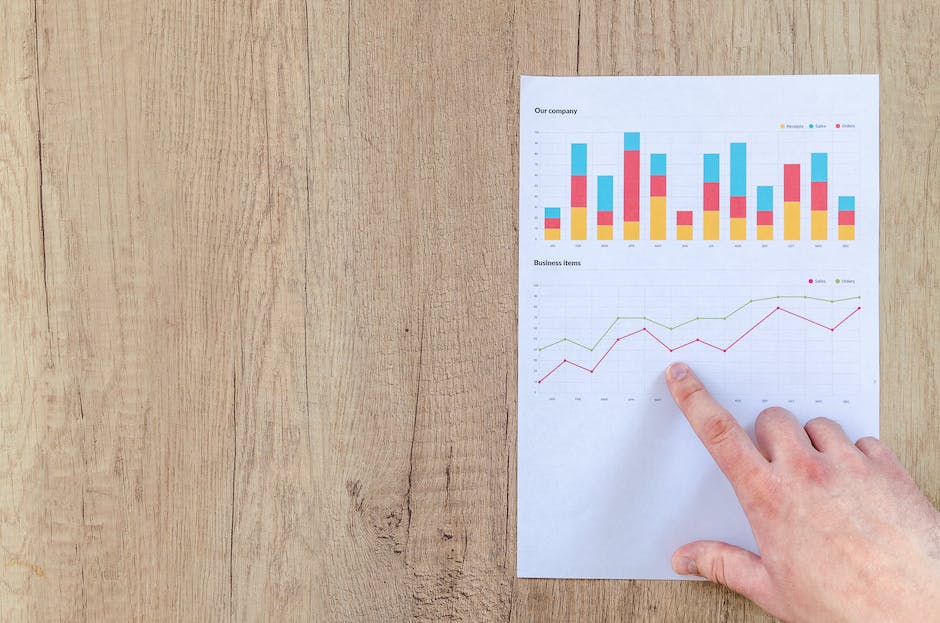
At present, there are more than 5,000 commercial and institutional investors who use exchange-traded funds (ETFs) to access the market. Exchange-traded funds offer flexibility as they can be invested in any format such as stocks, bonds, or cash, making it easy to find an asset class and an amount you want to invest.
Mostly concentrated in real estate, stakes in housing are seen as particularly lucrative due to future growth. As houses continue to sell fast, future gains in your portfolio will continue quickly!
This is not a recommendation for everyone, however. First and foremost, ETFs should not be used as a substitute for investing on your own. They are very useful tools that can help you do that!
If fully understood and utilized, ETFs can be a valuable part of your INVESTING toolbox.
Hard-to-finance real estate

There is a term used to describe real estate that is either difficult to value, cost-prohibitive, or both. These properties are called hard-to-finance (HF) real estate.
Many times, HF properties are located in very difficult economic times, like today. Because these properties rarely sell for more than their acquisition cost, it can be a long period of time before someone obtains ownership.
However, there are still knowledgeable individuals who purchase and hold on to hard-to-value real estate for years until an opportunity presents itself. These individuals use low or no cash out approaches to secure their investments!
In this article, we will discuss the different ways individuals can invest in hard-to-value real estate.
What are the benefits of a 1031 exchange?

A 1031 exchange is a tax-planning tool that allows you to avoid paying federal and local taxes on capital gains and income when you sell your property.
It is a strategy employed by companies to attract new customers with low fees but that change in ownership means new owners will have to pay taxes on the gains.
As an investor, you can use a 1031 exchange as a way to invest in hard-to-finance real estate. Some of the best exchanges marketable into are residential properties as they are typically not profitable commercial or retail properties.
If you are looking to expand your real estate portfolio, a 1031 exchange may be the way for you!buquerque, New MexicoOctober 2018
A 1031 exchange is a tax-planning tool that allows you to avoid paying federal and local taxes on capital gains and/or…
Who should conduct a 1031 exchange?

When a company sells property at a profit, it can immediately reinvest the money into more property.
This is known as reinvestment and can happen within days or even weeks. In some cases, this can be more optimal as the new owners can use their new cash flow to improve the property and redevelopment opportunities arise.
In other cases, such as with hard-to-resell properties, the owner can simply exchange their property for another that meets their needs. This is known as exchange ownership and has been common on hard-to-sell properties for years.
As mentioned earlier, 1031 exchanges are conducted under special circumstances where the seller gets paid in cash for certain property and the buyer gets paid in stock for another piece of real estate. whoeath
1031 Exchanges were created so that investors who were unable to invest directly in an emerging market could do so through hard-to-sell properties.
What properties work best for a 1031 exchange?

When offering property for sale in a 1031 exchange, the seller is not just trying to gain as much cash as possible but also help the community by providing valuable input into future development.
That’s because in a 1031 exchange, the government allows you to market your property without being concerned about how you pay for it. The seller receives payment either through an exchange LLC or a bank loan, which is what we will use for development.
As the developer receives payment through their project launch, you receive money – your input was worth it! By taking part in a 1031 exchange, you are also creating development input that costs less than if you developed yourself.
Do I need to have the money available to complete the transaction?

The answer to this question depends on what you are looking to buy.
For example, if you are looking to purchase a condominium, then you need to have the funds available for the transfer of ownership.
On the other hand, if you are buying a land-based property, then having the money available for completion of the transaction is not necessary.
In fact, some authorities will require a down-payment and/or proof of financial stability before registering your interest in real estate.
Having said that, it is always better to be prepared than to be rejected due to lack of funds.
What are the tax implications of a 1031 exchange?

A 1031 exchange is a legal way to hold real estate as collateral for bank loans. As a result, you lose some capitalization, but it can be valuable in hard-to-value properties like land estates.
Real estate is considered an intangible asset and not a tangible one like cars or equipment. As a result, capital gains tax does not apply to the exchange of property rights.
However, there are two exceptions to the rule. The first exception applies to land exchanges involving public lands and states. The second exception covers exchanges that take place before the property is transferred but since no money changes hands, no taxes are due.
How do I set up a 1031 Exchange?

Creating a 1031 exchange is simple. You set up an online account with the Internal Revenue Service called the U. S. Government Offices Dedicated to Transferring Property from Small Business Owners to Non-Business Shareholders (1037).
Once this account is created, you can then input all of your 1031 real estate assets into it, including homes, condos, and land parcels. Once these are in, you can then send out requests for exchanges through your online account with the IRS.
You can also mail or fax requests if you have additional partners or owners needed on your behalf. Once these exchanges are in place with the IRS, everything is normal – you can now receive tax-exempt status on your online account.
What is required for a proper 1031 Exchange?

As mentioned before, a 1031 exchange is a tax-efficient way to invest in hard-to-value real estate. However, there are rules and regulations that must be followed during a 1031 exchange.
Paragraph
The seller must be able to pay the full value of the property on an even basis, or at least close to it. The buyer must also be able to pay the full value of the property on an even basis, or at least close to it.
If one party is unable to meet their obligations, then the exchange can be blocked or reworked into a different mode of investment. It is important that both parties take care in this reworking process to make sure it does not affect any other party.
Lastly, neither party may have any liabilites during the reworking process which help determine who owes what amount for the properties.

